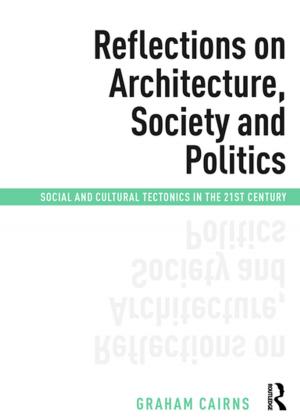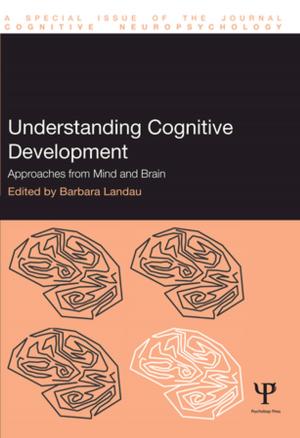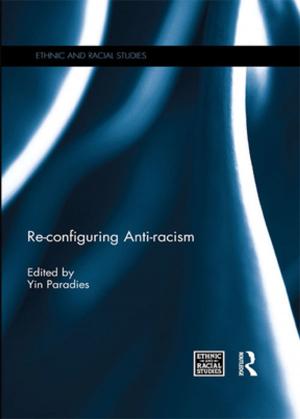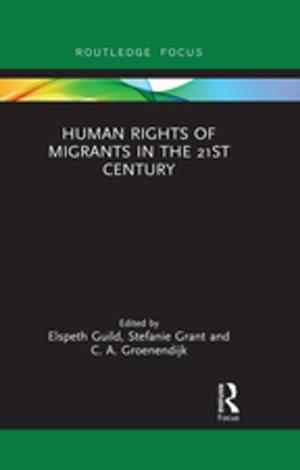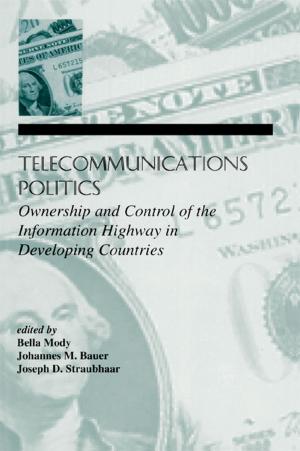Civil Society and Nuclear Non-Proliferation
How do States Respond?
Nonfiction, Social & Cultural Studies, Political Science| Author: | Claudia Kissling | ISBN: | 9781317165576 |
| Publisher: | Taylor and Francis | Publication: | May 23, 2016 |
| Imprint: | Routledge | Language: | English |
| Author: | Claudia Kissling |
| ISBN: | 9781317165576 |
| Publisher: | Taylor and Francis |
| Publication: | May 23, 2016 |
| Imprint: | Routledge |
| Language: | English |
Since the end of the Cold War, globalization has brought new actors to the political arena. One of those which has attracted considerable attention in academic research is civil society or NGOs. Claudia Kissling addresses the topic of civil society participation in the nuclear non-proliferation regime. The regime qualifies well for this objective since it features, given its characteristics as a treaty regime in the international security field, notable legal avenues for civil society participation. The study takes on a twofold perspective. It addresses the empirical question of whether civil society can contribute to the evolution of regimes in the security field, especially when it comes to security cooperation. It also questions whether civil society can, under certain conditions, contribute to the democratic quality of international decision-making. Here, empirical findings are used in order to test normative political theories on the legitimacy and democracy of global institutions.
Since the end of the Cold War, globalization has brought new actors to the political arena. One of those which has attracted considerable attention in academic research is civil society or NGOs. Claudia Kissling addresses the topic of civil society participation in the nuclear non-proliferation regime. The regime qualifies well for this objective since it features, given its characteristics as a treaty regime in the international security field, notable legal avenues for civil society participation. The study takes on a twofold perspective. It addresses the empirical question of whether civil society can contribute to the evolution of regimes in the security field, especially when it comes to security cooperation. It also questions whether civil society can, under certain conditions, contribute to the democratic quality of international decision-making. Here, empirical findings are used in order to test normative political theories on the legitimacy and democracy of global institutions.

